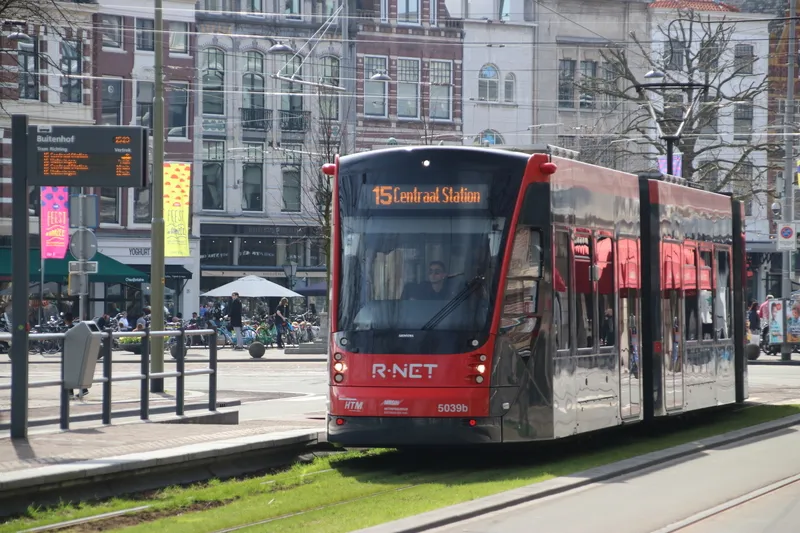
The Routing Company (TRC), a vehicle routing and management platform, has signed a three-year deal to provide on-demand public transport with The Hague municipality in The Netherlands.
The country's third-largest city, The Hague is the Dutch administrative centre and home of government.
The Hague's public transport service, run by local operator HTM, delivers over 80 million passenger rides per year, and offers shared bikes as well as tram connections to surrounding cities.
The contract will service the Benoordenhout area with TRC’s Pingo app, which will replace the area’s fixed-route service.
HTM will provide vehicles and drivers for a new on-demand service launching "in early 2023".
Ride Pingo and Drive Pingo will be available in Dutch for the first time.
Operating as a hub-to-hub service between nine existing bus stops, the service will leverage the Pingo platform’s Venues feature to route drivers and riders to convenient pick-up and drop-off locations.
It is TRC’s third partnership in Europe, after West Coast Motors in Scotland and Escalades-Engordany in Andorra.
"TRC has strong Dutch roots and maintains a close relationship with the Delft University of Technology," said Menno van der Zee, co-founder and engineer, TRC.
“We will provide driver and operator training, technical and operational support during launch, and app translation to ensure that this new service is a success from day one.”
“Using this new technology through the Pingo app, we are offering more flexible and efficient additional public transport in a way that was not possible before," says Nadya Ensing, senior policy advisor of public transport, Municipality of The Hague.









